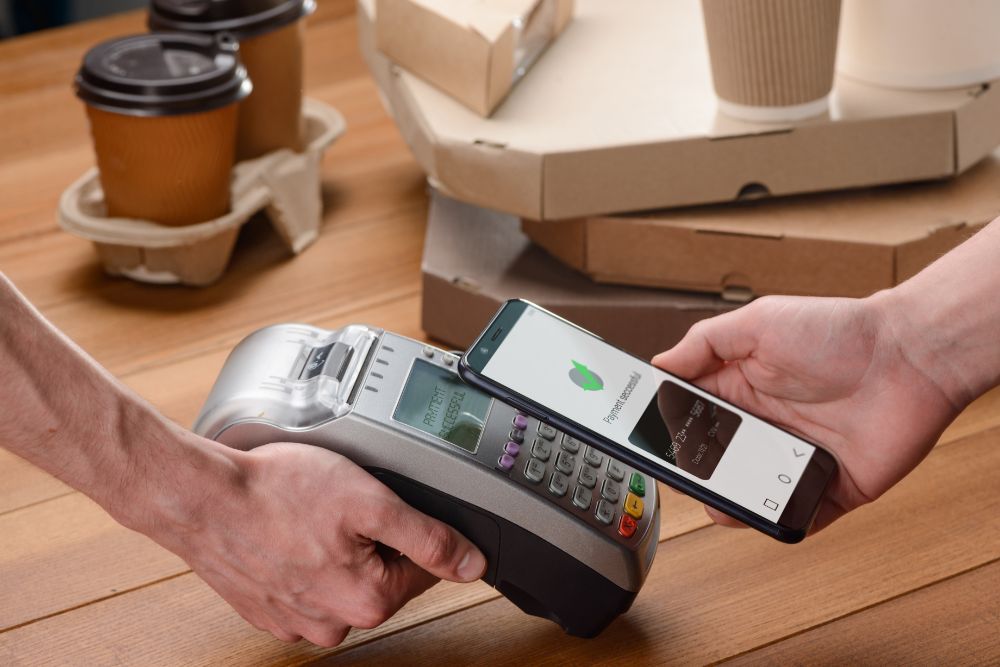The retail industry has historically been quick to embrace innovations that streamline operations and enhance customer experiences. Among these innovations, modern POS systems have emerged as pivotal tools for merchants around the globe. In the fast-paced retail environment, these systems are more than just transactional apparatuses; they are comprehensive solutions that impact multiple facets of business operations. Let’s delve into the evolution and impact of these systems, understanding why they’ve become indispensable in today’s market.
The Evolution of POS Systems: From Cash Registers to Digital Solutions
Historically, the cash register was the heart of a retailer’s checkout process. Merchants manually tallied purchases, handled cash, and issued handwritten receipts. The introduction of electronic registers brought minor improvements, but it wasn’t until the inception of digital POS systems that a major transformation began. These modern solutions offered software-driven capabilities, allowing integration with other business systems, analytics, and more efficient transaction processing. Cloud-based POS platforms further extended this digital evolution, providing merchants with flexibility, real-time data access, and remote management capabilities.
Beyond Transactions: Holistic Business Management
Modern POS systems are not just about processing sales; they play a critical role in holistic business management. These systems have capabilities that allow merchants to manage inventory in real-time, analyze sales patterns, predict stock requirements, and integrate loyalty programs directly into the checkout process. Additionally, they can integrate seamlessly with e-commerce platforms, ensuring that online and offline sales data is synchronized. This integration facilitates an omnichannel experience, where the customer enjoys consistent brand interaction whether they shop online or in a brick-and-mortar store.
Enhancing Customer Experience: The Power of Personalization
At the heart of retail success is the customer experience. Modern POS systems contribute significantly to this by allowing for more personalized interactions. With in-depth customer purchase histories available at the touch of a button, sales associates can offer more targeted product recommendations. Additionally, these systems can store customer preferences and details, enabling merchants to offer personalized discounts, birthday rewards, and tailor-made loyalty programs. As a result, customers feel valued, understood, and more inclined to maintain brand loyalty.
Security and Compliance: Building Trust in Modern Retail
With the increasing digitalization of retail operations comes the critical concern of data security. Advanced POS systems prioritize this, offering features like end-to-end encryption and tokenization to ensure that customer payment information is secure. Furthermore, compliance with industry standards, like the Payment Card Industry Data Security Standard (PCI DSS), becomes manageable and straightforward with these systems. Retailers, therefore, not only protect their operations from potential breaches but also instill trust in customers who are assured that their data is treated with utmost importance.
The transition from traditional cash registers to modern POS systems has done more than just digitize the checkout process; it has transformed the entire retail experience. Merchants now have a comprehensive tool at their fingertips, enabling them to manage their businesses efficiently, enhance customer experiences, and ensure top-notch security. As the retail industry continues to evolve, the role of advanced POS systems as integral components of merchant solutions becomes even more pronounced. Retailers seeking to stay competitive and relevant in this dynamic environment will undoubtedly find these systems invaluable.
